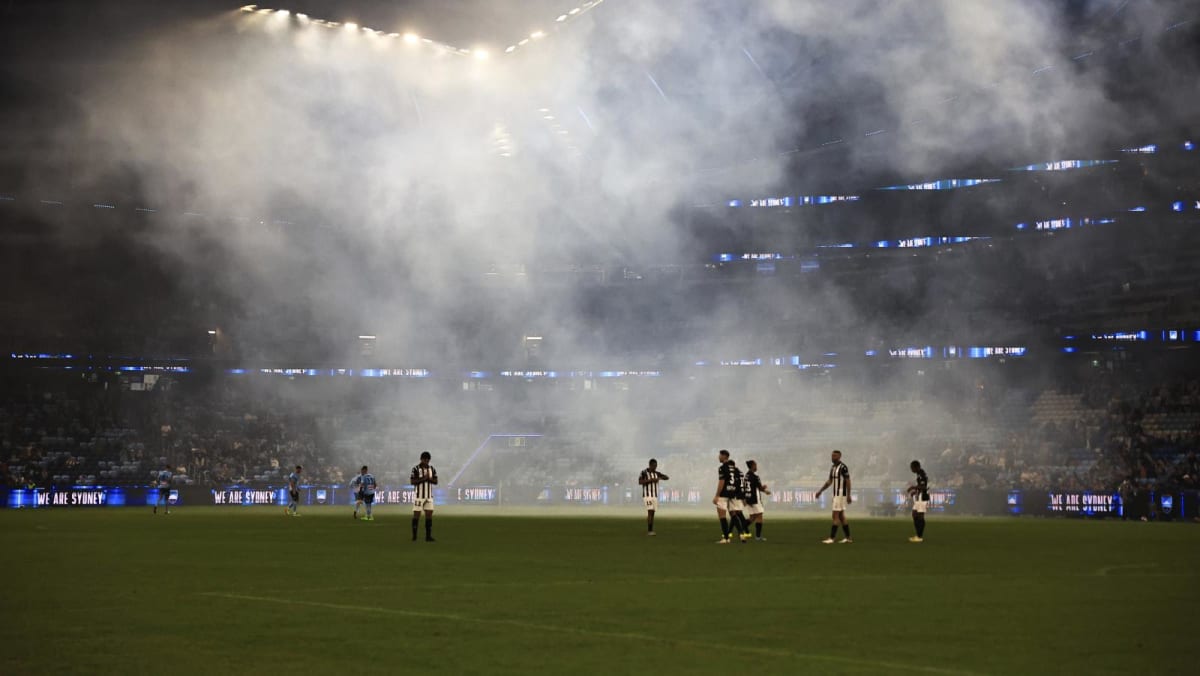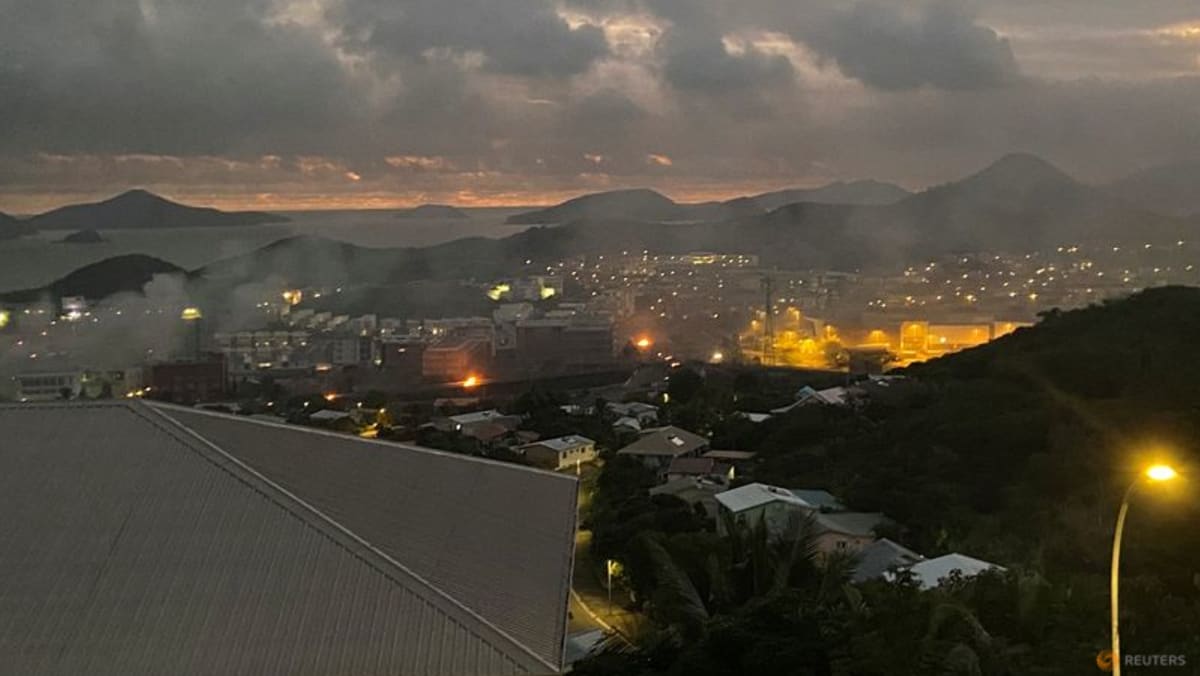A conflict has been waged for years on US college campuses over how to balance the right to free speech with the need to provide a space where students feel safe. The latest tension is over the Israel-Hamas war.
Pro-Palestinian sit-ins and encampments have sprung up on at least 100 campuses around the country, protesting Israel’s overwhelming military response to the surprise Hamas attack on Oct 7 that left 1,200 people dead in Israel. Some of the protests have featured antisemitic and intimidating chants and posters, and students have reported a burst of antisemitic acts on campus.
WHAT DO THE PROTESTERS WANT?
Social justice activists, many of whom say they view Palestinians as an oppressed people and Israelis as the oppressors, have demonstrated in support of a ceasefire in Gaza, which was governed by Hamas before the war. Condemning the Israeli military campaign that the Hamas-run health ministry says has left more than 34,000 people dead in the Gaza Strip, they’ve called for colleges to divest from Israel.
Some rallies have featured the slogan “from the river to the sea”. The phrase refers to aspirations for a Palestinian homeland that covers the entirety of the Holy Land - which encompasses what today is Israel, the West Bank and Gaza - stretching from the Jordan River to the Mediterranean Sea. That, officially, is the goal of Hamas, which seeks the destruction of the state of Israel and is regarded as a terrorist group by the US and European Union.
WHAT'S THE EFFECT ON JEWISH STUDENTS?
The threatening and antisemitic features of some of the protests are fuelling a sense of dread and isolation among Jewish students. One of the leaders of the Columbia protests, Khymani James, filmed himself making inflammatory comments - including “Zionists don’t deserve to live” - during a university disciplinary hearing. He was suspended after his incendiary views went viral on social media.
A survey released in November by the Anti-Defamation League and Hillel International found that 73 per cent of Jewish college students and 44 per cent of non-Jewish students had experienced or witnessed antisemitism since the start of the school year.
HOW HAVE COLLEGE ADMINISTRATORS RESPONDED TO THE PROTESTS?
Their responses have varied.
New York City’s Columbia University is among those that have called in police to clear and arrest demonstrators. Protesters there entered a university building and barricaded themselves inside before police intervened Apr 30. Columbia’s president, Minouche Shafik, requested a police presence on campus at least through May 17, two days after graduation is scheduled to take place. Explaining Yale’s decision to bring in police, president Peter Salovey cited "police reports identifying harmful acts and threatening language used against individuals at or near the protest sites".
At Brown University, the administration and protesters struck a deal in which the latter agreed to dismantle their encampment in exchange for a promise that they can present their divestment proposal to the university’s governing body. The administration also agreed that students involved in the encampment won’t be subject to suspension or expulsion.
IS DIVESTMENT A REAL POSSIBILITY?
Protesters have called for universities to sell off any investments they may have in companies that have businesses or investments in Israel, or that sell weapons to Israel. Yet it’s not totally clear what investments endowments hold that would meet those demands, since universities don’t disclose the majority of their holdings. (One public filing, called a 13F, shows just a sliver of a portfolio’s assets, and only holdings for the previous quarter.)
In any case, divestment is a long-shot demand. University administrators and lawmakers have for decades rejected the Boycott, Divestment, Sanctions movement against Israel, viewing it as antisemitic because it calls into question the legitimacy of the Jewish state and singles out the policies of one country. Acting on the BDS concept is not only fiercely opposed by many donors and alumni, it’s discouraged by laws in more than half of US states, including New York and California.
Even if universities were inclined to divest from Israel, there would be practical challenges. BDS supporters take inspiration from the drive to isolate South Africa during the apartheid era - including actions by universities. But today, university endowments typically don’t hold large concentrations of single stocks as they did when activists targeted companies operating in South Africa.
They use ETFs, index funds or mutual funds that pool hundreds of stocks and bonds. And they rely on external managers, including private equity firms, which can lock up a school’s money for several years without an option to withdraw, and hedge funds, whose managers can rapidly move in and out of securities without disclosing their trades to investors.
 Counter-protesters clash with pro-Palestinian protesters at an encampment on the campus of the University of California, Los Angeles (UCLA), on May 1, 2024. (Photo: REUTERS/David Swanson)
Counter-protesters clash with pro-Palestinian protesters at an encampment on the campus of the University of California, Los Angeles (UCLA), on May 1, 2024. (Photo: REUTERS/David Swanson)
WHAT ROLE DOES CONGRESS PLAY?
The House Committee on Education and the Workforce has summoned university presidents to answer questions about antisemitism on campus. University of Pennsylvania president Liz Magill stepped down days after appearing before the committee in December. She and her counterparts from Harvard and the Massachusetts Institute of Technology drew criticism for providing evasive and legalistic responses to lawmakers’ questions about antisemitism on campus.
Harvard president Claudine Gay, who also faced allegations of plagiarism in her research, stepped down in January. Columbia’s Shafik testified before the committee in April and a day later ordered police to dismantle tents and disperse a pro-Palestinian protest on campus. The presidents of Yale, the University of Michigan and the University of California, Los Angeles were asked to testify on May 23.












 English (US) ·
English (US) ·  Turkish (TR) ·
Turkish (TR) ·